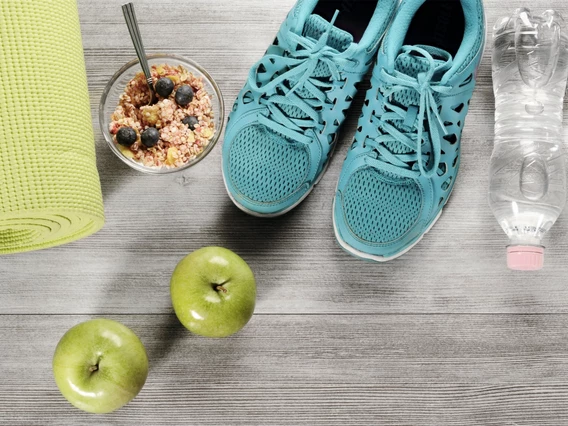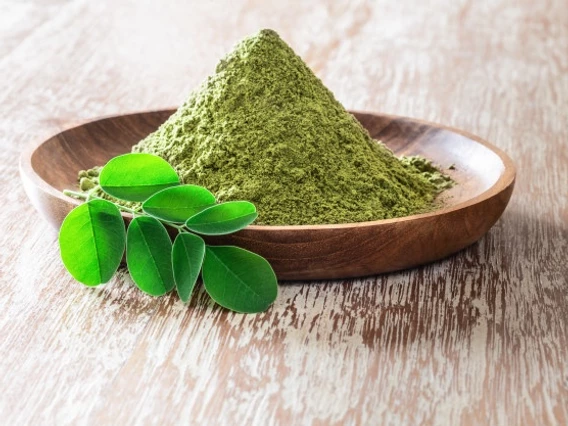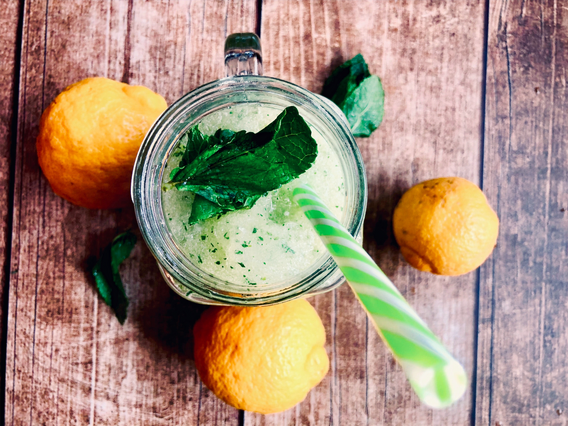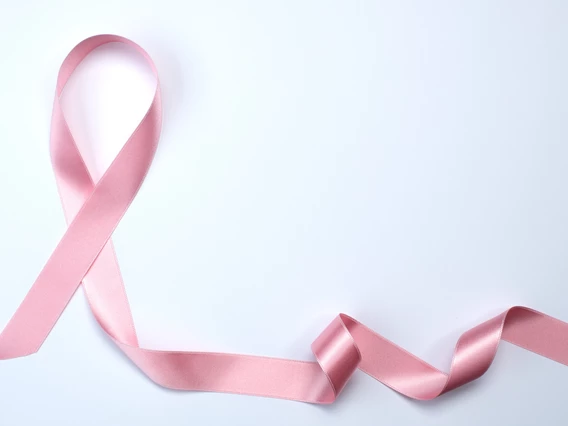Restlessness, tensions rising, irritability ….
Sound familiar? Lock-down restrictions have most of us cooped up at home with a serious bout of cabin fever. With the disruption of our daily routines , it can be difficult to restructure our schedules and adjust to the new ‘normal’.
One of the best ways to overcome cabin fever is by exercising.
Here are a few tips on how to keep your mind and body refreshed by engaging in fitness activities during the lock-down.
Exercise Outdoors
Our workout routines may be restricted but hope is not lost. The South African Government has allowed for 3 hours of exercise a day ( between 06:00 am – 09:00 am). Make the most of the fresh outdoors and go for daily jogs or walks.
The physical and mental effects of outdoor activity have numerous therapeutic benefits on the body:
-
Physical and emotional stress relief
-
Deeper breathing to help improve brain function (an increase in serotonin levels also helps to improve the memory)
-
Exposure to sunlight: vitamin D assists in boosting the immune system, strengthening the bones and lowering blood pressure
If possible, ensure that your exercise activities take place outdoors. Even though you may be working from home, your mind is still constantly stimulated by conference calls, work projects etc. The body remains inactive and this can lead to a build-up of physical and mental tension.
You may begin to experience feelings of anxiety, restlessness and irritability .
For at least an hour a day, unplug from your devices and screens and focus your mind on the organic, grounding sights and sounds of the outdoors. Natural surroundings assist the mind in releasing tension and stress.
Exercise for the Family
Younger children are naturally active and require physical activity for their physical and mental development .
Parents may have relied on extra-mural sport activities to help keep their kids active. So now what?
Step one is to make exercising a fun, family activity. Some kids may prefer to stay glued to their television or device screens, so they may need a little convincing that physical activity can be fun. Introduce relay races, obstacle courses and any other activity that will have the kids excited to participate.
Assist younger children to avoid overexertion/ injury but above all, ensure you are having fun as a family. Family members who are unable to participate in the actual routine may serve as ‘cheerleaders’ or umpires during family races . There is a part each member can play when it comes to family exercise.
Motivating any good habit into action is a team effort . The excess time that you now have as a family allows for more quality time to be spent together. Instead of getting on one another’s nerves during lock-down, get moving!
Exercise indoors
Most city dwellers do not have the luxury of space to exercise outdoors in their yards. Thanks to the digital world, we have at-home workout routines available at the click of a button. There are numerous YouTube fitness gurus who can help turn your living room into a personal pilates class!
It’s not easy to maintain a positive outlook given the current world crisis. You may be feeling overwhelmed and anxious. Mental stress can manifest itself in the form of physical ailments. We encourage you to do your bit by staying active, maintaining healthy habits and most importantly, staying positive!
Sources:
-
Mental Floss.2020.11 Scientific Reasons Why Being in Nature is Relaxing.[Online].[22 May 2020].Available from: https://www.mentalfloss.com/article/60632/11-scientific-reasons-why-being-nature-relaxing
-
Adventure Together.2020.Https://adventuretogethercom/8-surprising-reasons-why-nature-is-the-best-medicine/.[Online].[22 May 2020].Available from: https://adventuretogether.com/8-surprising-reasons-why-nature-is-the-best-medicine/
-
Conde, Y.2020.How to Make Sure Your Kids Are Getting Exercise During the Lockdown.[Online].[22 May 2020].Available from: https://mom.com/kids/how-to-make-sure-your-kids-are-getting-exercise-during-the-lockdown















